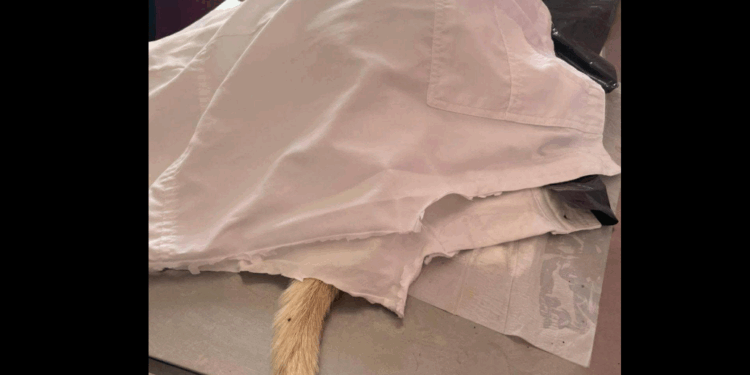The dog violently struck by an individual in Soussedid not survive his injuries. This tragic outcome, widely relayed on social networks, caused a shock wave among animal defenders. But beyond emotion, she questions the place that our society gives to animal life.
This death should not be perceived as a simple news item. It is the symbol of a chronic situation in Tunisia: the animal remains considered as an object, a good without moral value, which one uses, that one mistreats and which one abandons without fear of real consequences.
In Tunisia, despite some active and committed associations, animal protection remains marginal. The existing laws are rarely applied, and the sanctions remain weak. In mentalities, the animal is still too often perceived as a tool – a means of guard, work or consumption – rather than a sensitive being.
This absence of recognition results in daily scenes of mistreatment: poisoned wandering dogs and cats, exhausted animals, neglected domestic animals. Awareness campaigns are struggling to influence behavior, due to a strict legal framework and means dedicated to control.
For defenders of the animal cause, this death must serve as an electroshococ. It is not only a question of punishing acts of cruelty, but of rethinking the relationship that we have with animals. Without a clear reform of legislation and a change of gaze, other similar dramas will continue to repeat themselves.
Society’s gaze
Beyond the laws, it is a cultural problem. For many, an animal is not a sensitive being but a tool, a guard or a product. Animal compassion is perceived as a luxury, almost a whim, in a country where economic difficulties weigh heavily. However, social misery cannot justify cruelty.
Animal defense associations have been ringing the alarm for years, but their action comes up against a glaring lack of means and institutional support. This death should serve as an electroshock: it is time to reform the law, to harden sanctions, and above all to raise awareness of the value of animal life. Because a country that closes your eyes on the most vulnerable suffering – including that of animals – also closes their eyes on a part of its humanity.








